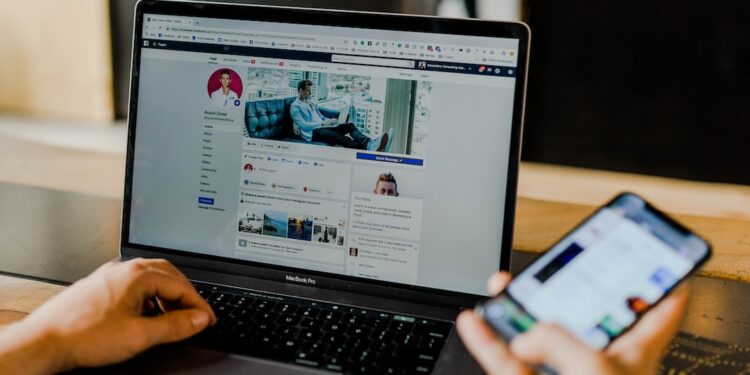Fake news is a term used to describe false information that is disseminated through social media platforms or other online channels. It is a phenomenon that has become pervasive and has the potential to cause immense damage to society. Understanding the impact of fake news is essential because it affects the way people think, act, and react. Fake news impacts individuals, communities, and society as a whole. The following are ways whereby fake news impacts society:
Influence on Public Opinions
When a fake news story goes viral, it influences people’s perceptions of events and issues, which in turn affects their opinions. For example, if a news outlet publishes a story about an elected official behaving inappropriately, it could damage the politician’s reputation, despite whether the story is true or not. This is because fake news can be perceived as real news by people who don’t investigate the source or facts behind the story.
Eroding Credibility of News Sources
Fake news undermines the credibility of legitimate news sources. As people begin to question the truthfulness of the news stories they read, they may start to lose trust in the news sources that they once respected. This can have far-reaching implications because it undermines the reliability of the information that people receive.
Influence on Decision-Making Processes
Fake news can also influence decision-making processes within society. For example, if a fake news story accuses a company of wrongdoing, it may cause investors to lose confidence in the company, leading to a drop in the stock price. Similarly, fake news stories about political candidates could sway voters’ opinions and influence the outcome of elections.
Fueling Disinformation and Misinformation Campaigns
Fake news can be used as a tool to fuel disinformation and misinformation campaigns. In some cases, individuals, groups, or nations may use fake news to manipulate public opinion or to stir up fear and anger. These campaigns can be dangerous, leading to violence or other negative consequences.
Promoting Harmful Beliefs and Practices
Another way fake news impacts society is by promoting beliefs and practices that are harmful. For example, if a fake news story claims that vaccinations are harmful, some people may stop vaccinating their children, leading to a public health crisis. Similarly, fake news stories about certain groups of people may lead to discrimination and hate crimes.
Conclusion
Fake news has a significant impact on society. It can influence public opinion, erode the credibility of news sources, affect decision-making processes, fuel disinformation and misinformation campaigns, and promote harmful beliefs and practices. It is essential for individuals to become more discerning in their consumption of news and for the media to take responsibility for verifying their sources and checking the accuracy of their stories. Ultimately, defeating fake news is a collective effort that requires a commitment to truth, transparency, and ethical journalism.















